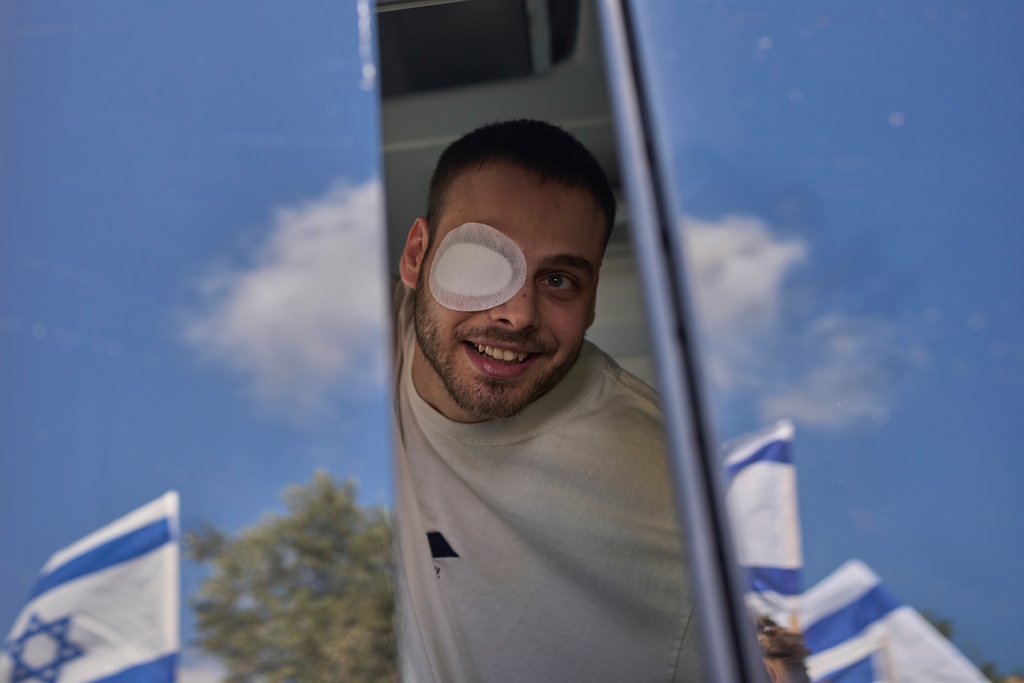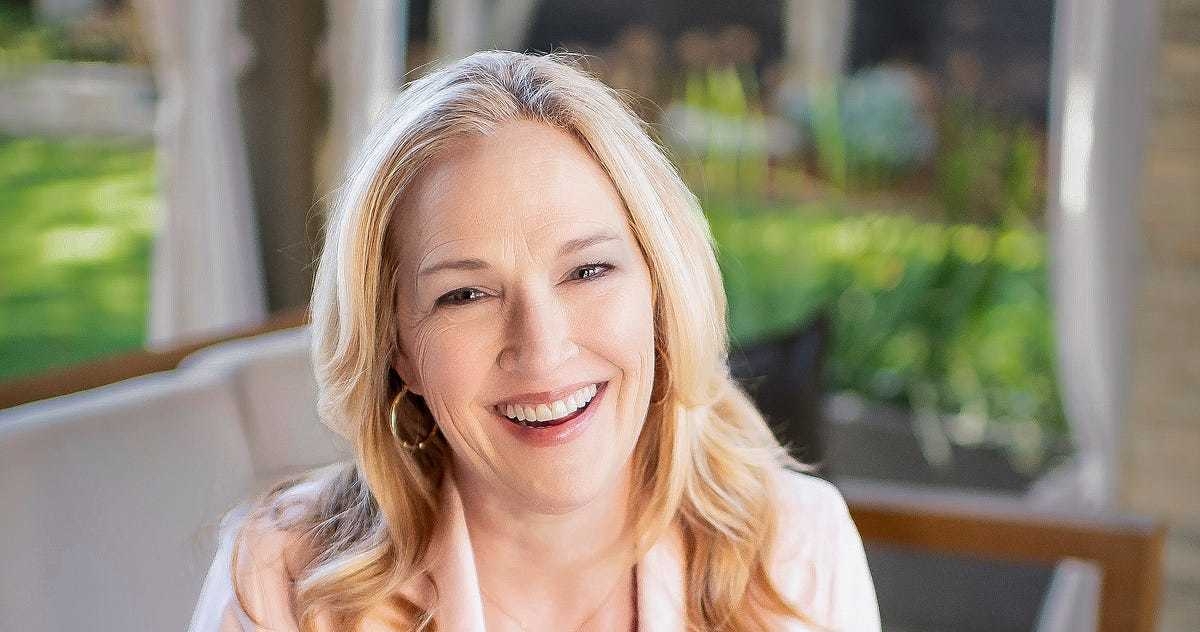

Published on: 11/20/2025
This news was posted by A-C Crazy BBQ
Description
JERUSALEM, Israel – After the October release of the remaining twenty live hostages from Gaza, they immediately received medical treatment and psychological care before being released to their families. However, that is only the beginning of their recovery.
In a symbolic gesture, doctors at the Rabin Medical Center near Tel Aviv recently turned off the lights in their hostage care unit, as the last living hostage left for home.
Professor Noa Eliakim-Raz told CBN News, We have to be very careful, you know, to interpret pictures," she explained. "It's a bit more complicated than the pictures, of course. The minute they come back, the first thing we do is we actually see that there is nothing, you know, that there's no emergency – medical emergency or mental emergency."
During the last two years, doctors at the Rabin Center treated 40 returning hostages, including 5 of the last 20 that Hamas released in October. Eliakim-Raz admitted, "We hear terrible stories. We hear, really, stories that you can't sleep at night after hearing, and some of them were kept in such small spaces, they couldn't even stretch out their hands. The food they were eating, or not eating, the variety – everything affects their physical and mental state.
Professor Eliakim-Raz, who oversaw the unit at Rabin, said the medical staff had to learn and develop protocols as they went along. She noted, "And we built that. It's new medicine. Of course, there is not a 'hostages' medicine. It's not a field you learn in medical school."
The professor told CBN News that while doctors thoroughly checked their newly freed patients, just dealing with injuries from October 7th can revive the trauma, and just leaving the hospital is not the end of the journey.
"Some of the returnees that returned more than six months ago are still going through medical procedures, surgeries. It can teach us about the situation; the fact that people are standing and smiling when they come back home is only a small part of the puzzle.
Alon Ohel spent two years in captivity after being wounded on October 7th, 2023. He did not receive treatment from Hamas and suffered harsh conditions in tunnels, including starvation. He recently returned to the hospital for orthopedic and "exceptional" eye surgeries.
Professor Irit Bahar, chief of the Ophthalmology Department at the center, recalled, "The moment we realized that it might be possible to restore Alon's sight, this was an emotional moment and a very remarkable one."
The surgery was a success.
New York Physician Dr. Mark Siegel, an internal medicine specialist, told CBN News it's a wonder the hostages survived.
"They survive tremendous abuse, starvation, deprivation, dehumanization injuries, broken bones, gunshot wounds, shrapnel, vitamin deficiencies, infections, respiratory infections, and diarrhea diseases, and being chained together and being mocked and tortured and abused, all of which, it's a miracle they survived," Dr. Siegel declared.
And he stressed that the mental recovery takes longer than the physical. "Dehumanization, depersonalization, nightmares, severe anxiety, post-traumatic stress disorder – they're being handled right now with kindness, with compassion. Their families are playing a huge role in nursing them back to health. The sensitivity that it takes to deal with someone in this condition is extremely important," Siegel asserted.
***Please sign up for CBN Newsletters and download the CBN News app to ensure you receive the latest news from a Christian perspective.***
Professor Eliakim-Raz helped treat the mothers and a grandmother who came out as part of the first hostages release in November 2023.
"The resilience and strength that these mothers showed is impossible to do or to capture," she emphasized.
She praised the creativity shown by the hostages to train their brains to learn things while in captivity.
"You hear incredible stories about how they train themselves to keep track of time. They know to tell you exact dates and hours of things they did in captivity. And it's unbelievable. Everyone held on to something that gave them hope." Eliakim-Raz observed.
She adds that the suffering the hostages endured can affect their health and lives for decades. "And you can see that, not only psychological influence, but also physical influences, like they have more heart disease, more dental problems, and even premature aging, even for decades forward," she stated. "So the body remembers."
They will need to receive further care for years, with the goal of building resilience.
"The main thing is to bring them back to their life," Eliakim Raz insisted. "And the goals are very different. And then change from one to the other – for one person, going back to life is running a family, and for the other, it's playing the piano, and for the third one, it's going back to the army."
Families play an essential role in the rehabilitation process. Eliakim-Raz likens it almost to giving birth. "They get this person back," she explained.. They don't really know what to expect. It's learning each other again. They are different, and the returnees are different. The families change, too."
She shared that the medical staff felt privileged to work with the hostages. Her hope is that Israelis as a whole will learn from this crisis the importance of being a community and working together.

Other Related News
11/21/2025
By Leonardo Blair Senior Reporter Friday November 21 2025Getty ImagesDavin G Photography...
11/21/2025
I could take you to the exact spot along that Nashville highway where I felt that dagger p...
11/20/2025
By Chris Carpenter Contributor Thursday November 20 2025Tricia Thornton Courtesy Trici...
11/20/2025












